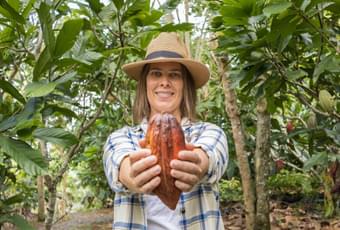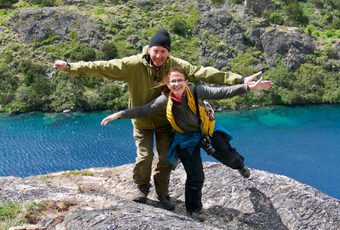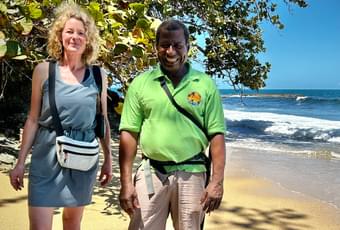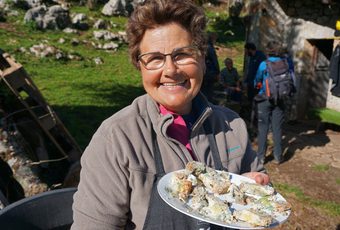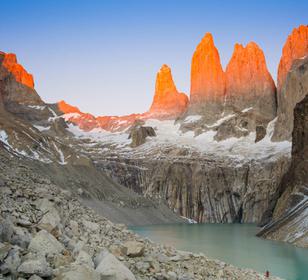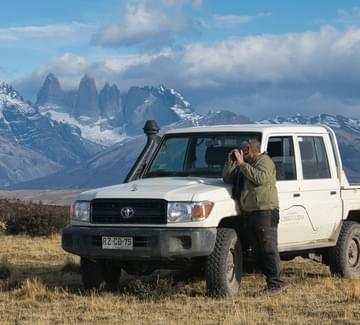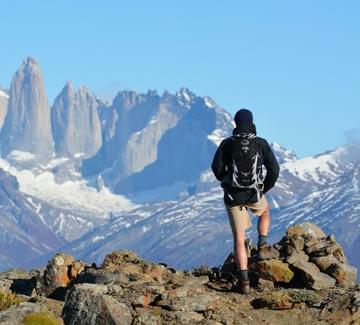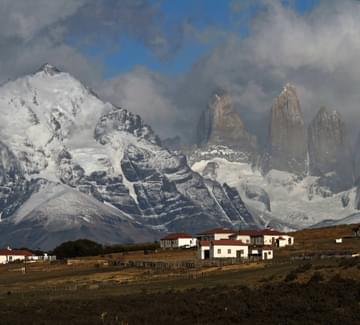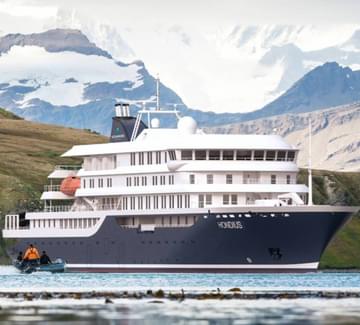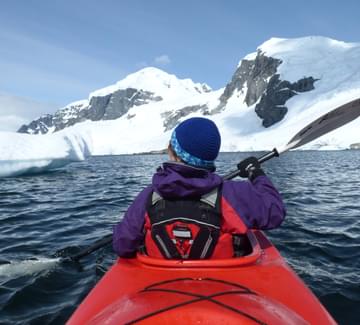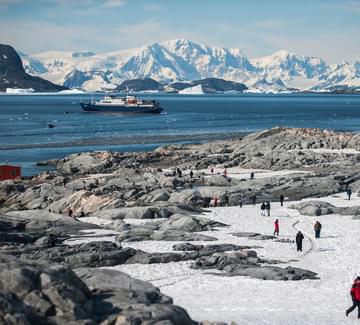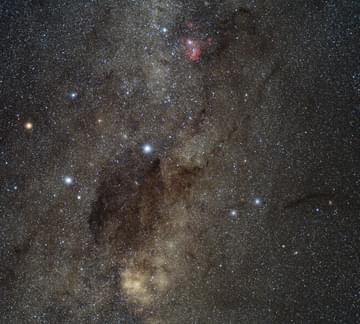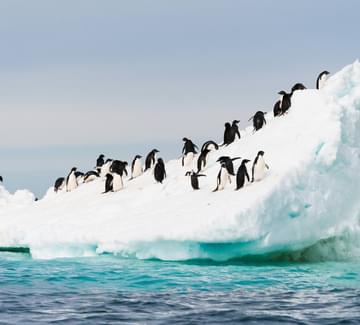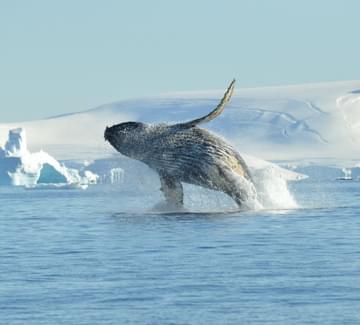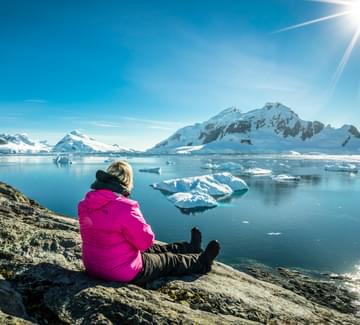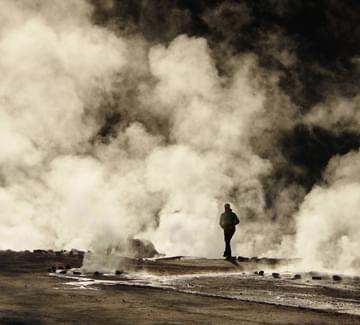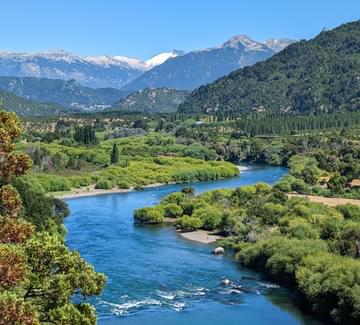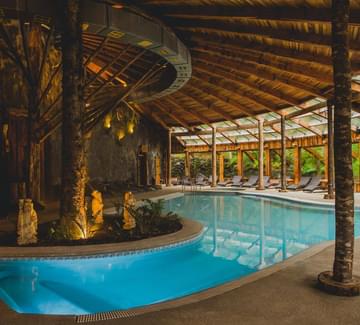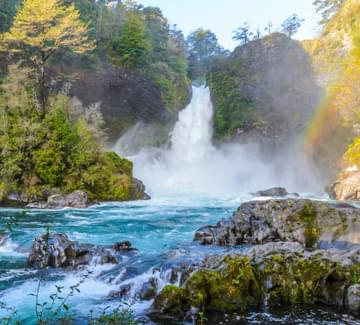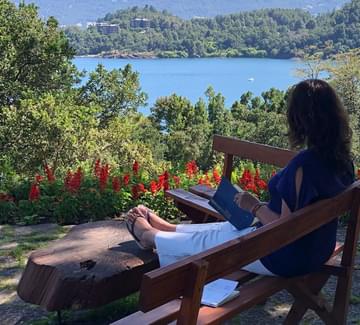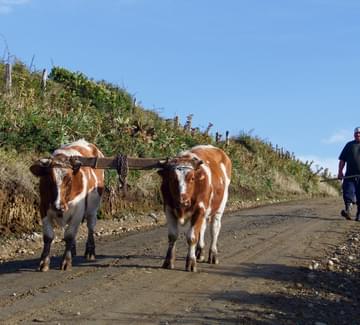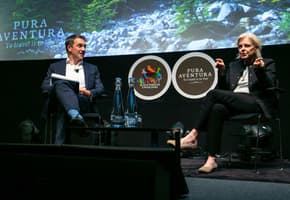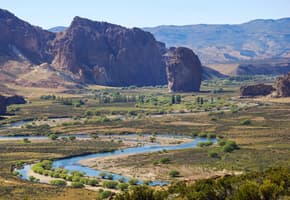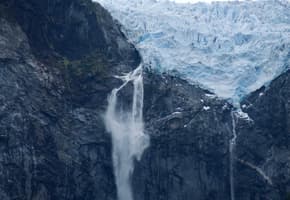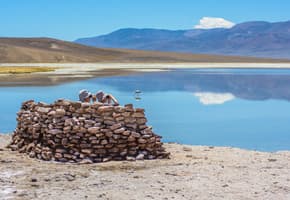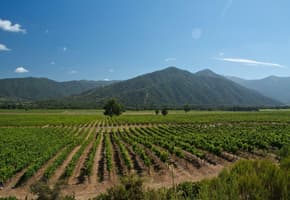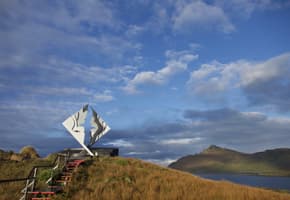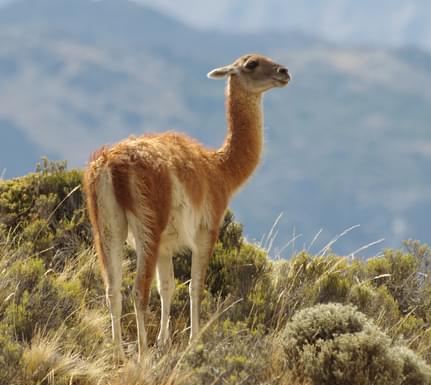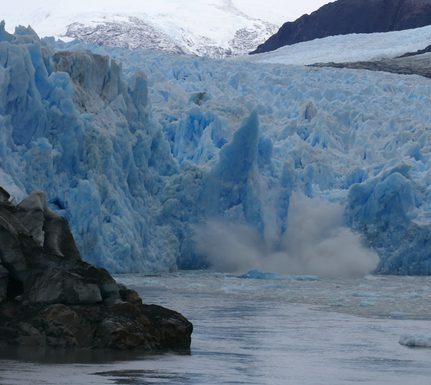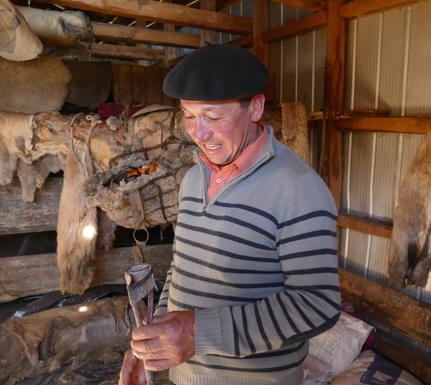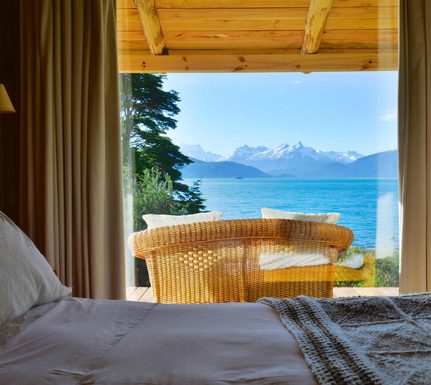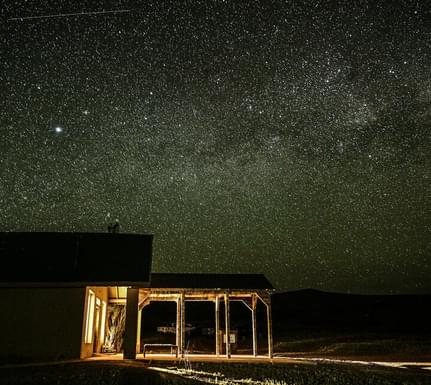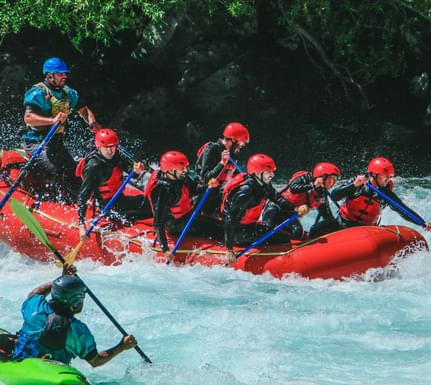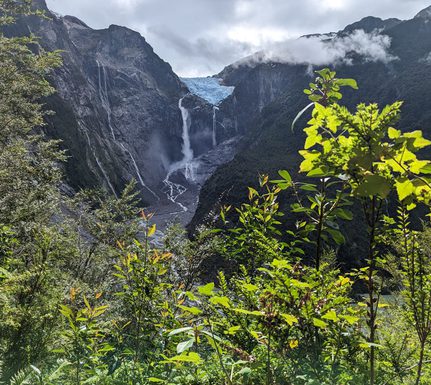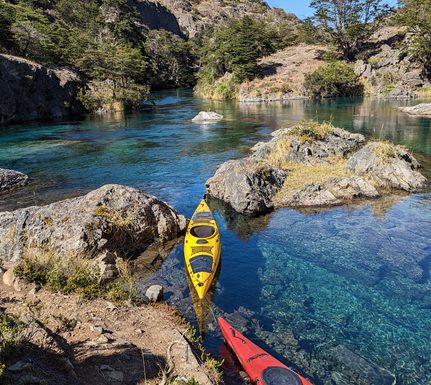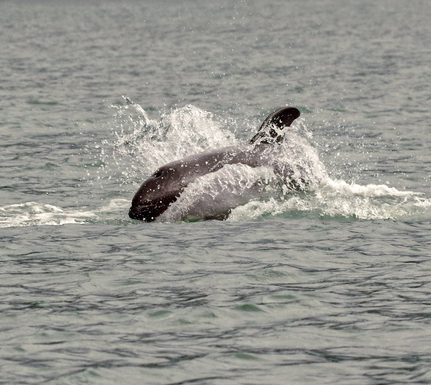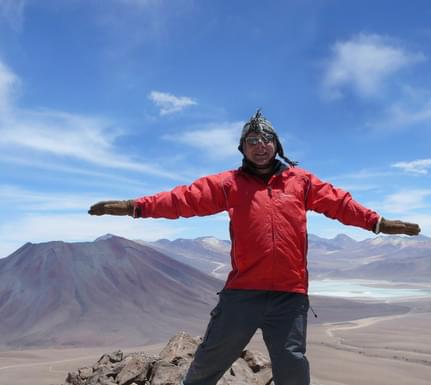Chile Holidays
From the red rocks and vast sand dunes of the Atacama, to the blue glaciers and glacial lagoons of Patagonia via winelands and the Lake District, Chile is a place of unmatched natural diversity. Our knowledge and first-hand experience of Chile is equally unmatched and each of these trips are the result of 25 years of discovery, tailormade for you.
14 Trips
-

![view from monte tarn in patagonia]()
![three adults walking along beach of lago grey]()
![lounge view at pampa lodge torres del paine]()
![guided looking through binoculars in torres del paine]()
![woman looking out over paine massif in patagonia]()
![magellanic penguin colony in patagonia]()
![looking out across glacier grey in torres del paine]()
![gauchos passing mate gourd in torres del paine]()
![guacho herding sheep in patagonia]()
![dinner at estancia in patagonia]()
![man fishing at sunrise in strait of magellan]()
Chilean Patagonia: Torres del Paine & Beyond
- Walks in epic nature
- Gaucho culture
- Guided days & independence
From£5,975pp -

![estancia gaucho visit chilean patagonia]()
![cerro castillo mountains chilean patagonia]()
![walking near coyhaique chilean patagonia]()
![lakeside lodge carretera austral lago general carrera]()
![driving carretera austral chilean patagonia]()
![guanaco patagonia national park chile]()
![chile guadal hotel family]()
![driving carretera austral chilean patagonia]()
Hidden Highlights of Chile's Carretera Austral
- Freedom to explore
- Patagonian hospitality
- Exquisite, varied landscapes
From£7,450pp -
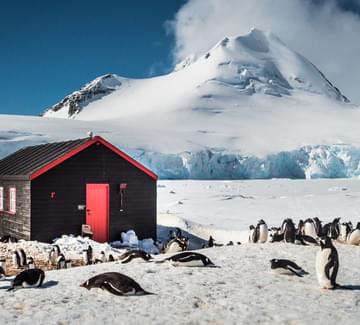
![torres del paine hiking torres towers]()
![torres del paine estancia hotel]()
![perito moreno glacier argentina]()
![el chalten hiking to cerro torre]()
![antarctica active cruise]()
![kayaking in antarctica]()
![snowshoeing antarctica]()
![camping on antarctica]()
![penguins on iceberg]()
![humpback whale antarctica]()
![antarctica view]()
Chile, Argentina & Antarctica Active Adventure
- Gaucho hosting
- Patagonia's mountains
- Kayak & camp in Antarctica
From£16,400pp -

![torres del paine pehoe view cuernos]()
![tatio geysers atacama desert]()
![atacama desert stargazing]()
![atacama aymara house valley incas]()
![toco volcano hike]()
![cerro guido estancia torres del paine]()
![walking in torres del paine]()
![condor torres del paine patagonia]()
![gaucho estancia sheep rearing patagnia]()
![torres del paine cornisas view]()
Atacama to Torres del Paine Walking Holiday
- Star filled skies
- Insider's Atacama
- Patagonia's greatest mountains
From£6,400pp -

![Argentina trevelin c casa yague 3]()
![Chile futaleufu reserve chris bladon pura aventura 1]()
![flamingos steppe chubut argentina]()
![estancia trevelin argentina patagonia]()
![guanacos argentina patagonia piedra parada]()
![kayak lake district argentina]()
![vineyard argentina trevelin patagonia]()
![lunch homecooked argentina lake district]()
![raspberry picking trevelin valley argentina]()
![argentina wine andes trevelin]()
![osorno volcano puerto varas chile lake district]()
Chile to Argentina: Lakes, Wine & Active Adventures
- Indulgent lodges
- Glorious scenery
- Laugh-out-loud adventures
From£7,400pp -

![nawelpi lodge huilo huilo]()
![Chile lakes pucon curarrehue mapuche community cooking class seeds garden c rutas ancestrales 1]()
![waterfall in huilo huilo]()
![Chile patagonia magellanic penguin walking]()
![kayaking at huilo huilo reserve]()
![table with salad and wine above lago villarica]()
![lady reading book at hotel by lake villarica]()
![chiloe palafito houses]()
![Chile patagonia chiloe grande man walking with oxen yolked together]()
![looking across lago llanqihue to osorno volcano]()
Chiloé to Lake District: Penguins, Forest & Volcanoes
- Glorious nature
- Vibrant local culture
- Choice of activities
From£5,400pp
Loading more holidays...
Frequently Asked Questions
When is the best time to visit Chile?
What’s the best way of getting off the beaten path in Chile?
Where are the best places for walking in Chile?
What are the best road trips in Chile?
What is Chile’s Route of Parks?
What are Chile’s best wildlife experiences?
Which countries combine best with Chile?
How long do I need for a holiday to Chile?
How do I get a tailored itinerary?
Can I make changes to these itineraries?
What if I have more questions?
Chile's Hidden Highlights
The greatest travel experiences often happen in the beautiful nature and rich culture of its undiscovered gems...
Your Pura Aventura holidays
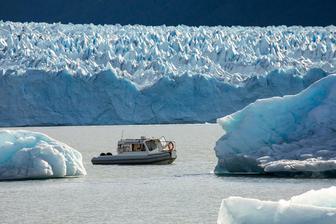
Exceptional Holidays
Best-in-class holidays & service - is what our clients say they love about our trips, as noted in the highest possible 5* Feefo Platinum Award.

Travel Positive
Travelling with one of the first UK travel companies to be certified B Corp means your holiday, according to Which?, meets "the highest standards of social and environmental performance".
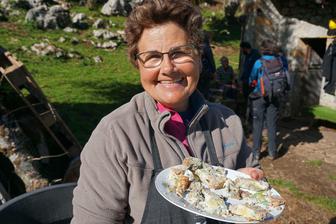
Beautifully Local
Holidays away from the crowds, crafted to give you a more authentic, local experience. Small-scale accommodation, exceptional guides & in-depth local knowledge.

